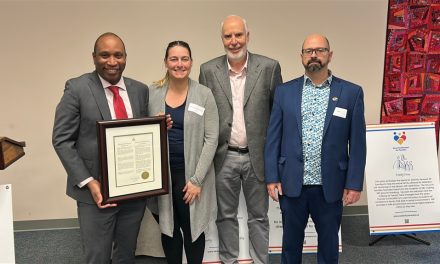Youth and Alcohol
By Steven Smith, RP, CCAC
I am a therapist specializing in helping people and their family members heal from the devastating effects of addiction. Drug use is top of mind these days, with the legalization of cannabis and the increasing number of opioid-related deaths across the country. Conversely, alcohol flies under the radar and is often minimized by a large part of society, when compared to other mind-altering substances. However, make no mistake, alcohol – the socially accepted, often encouraged and romanticized substance that is readily available – is still far and away the most commonly used addictive substance and the reason so many lives are ruined and families are torn apart.
It’s interesting, when I tell someone what I do for a living, they often assume that I would take a negative stance toward drugs but they rarely assume I would have an unfavourable view of alcohol. The truth be told, I don’t have an aversion to mind-altering substances per se, but I am strongly empathetic and compassionate toward substance misuse, abuse and dependence, along with the consequences that cause so much damage, heartache and pain to individuals and their families.
Of all substances, alcohol is extremely harmful to the human body and the most dangerous substance to withdraw from – due in part to the very real concern of seizures. Withdrawing from other substances, such as opiates, can be a terrible psychological and physical experience and you may very well think you are going to die, but medically they are not as problematic to withdraw from as alcohol.
A recent study revealed 70% of Canadian youth report drinking alcohol. The average age of Canadian youth to first consume alcohol is 16 years old. The cautionary information below is provided by the Canadian Centre on Substance abuse:
There is evidence that drinking alcohol can harm physical and mental development, particularly in adolescence and early adulthood, although certain patterns of use are riskier than others. For this reason, it is recommended that youth delay drinking alcohol for as long as possible, at least until the legal drinking age. If youth do decide to drink, they should follow the more specific drinking guidelines provided below:
- Speak to their parents about drinking;
- Never have more than one to two drinks per occasion; and
- Never drink more than one or two times per week.
Parents can play a large role in youths’ attitudes towards alcohol by speaking to their children about the effects and risks of drinking and by ensuring youth are educated so they can make more responsible decisions. Providing clear expectations about a youth’s drinking and the reasons behind these messages can influence his or her choices.
So please, do not make the mistake of minimizing alcohol use with youth simply because it is so socially acceptable in our society. The point of this article is not to demonize alcohol but to remind readers that alcohol is still by far the most used psychoactive drug in Canada.
Steven Smith is a Psychotherapist and counsellor for Serenity Renewal for Families, an Alta Vista Charity that assists individuals and families affected by addiction and other impactful issues. For more information or to donate to families needing help, call (613) 523-5143 or visit serentityrenewal.ca




